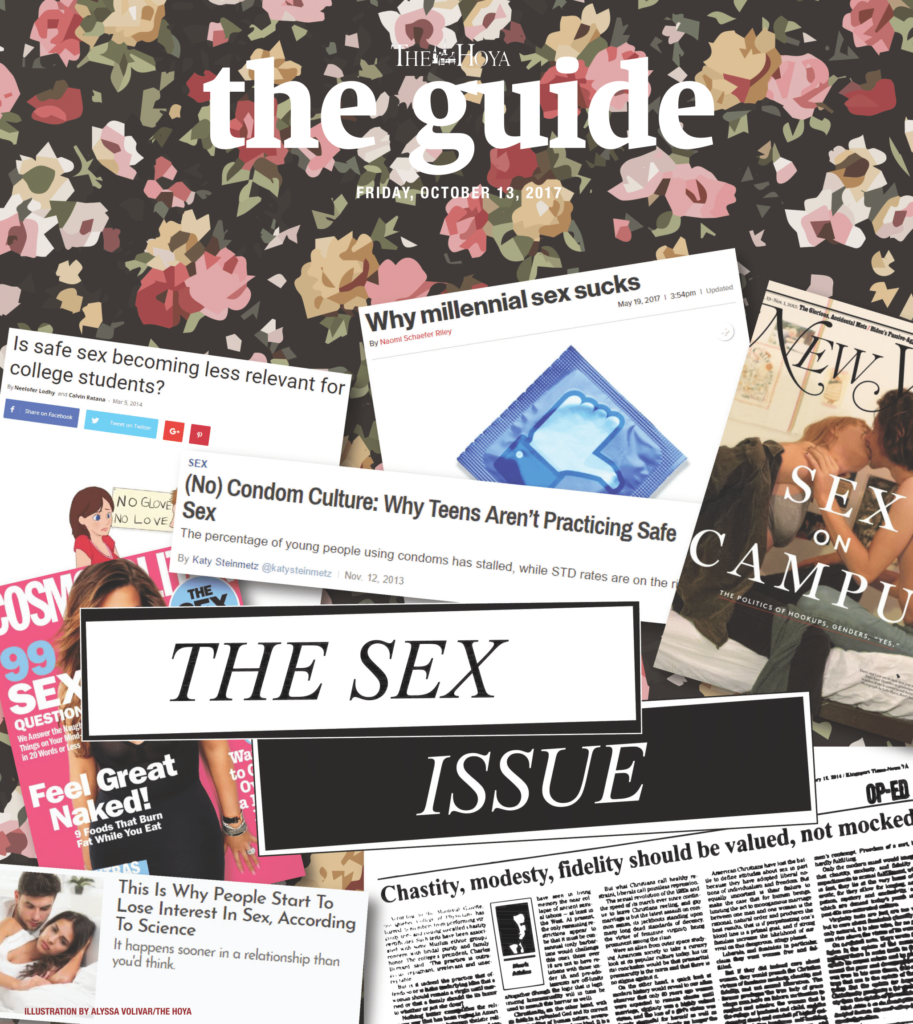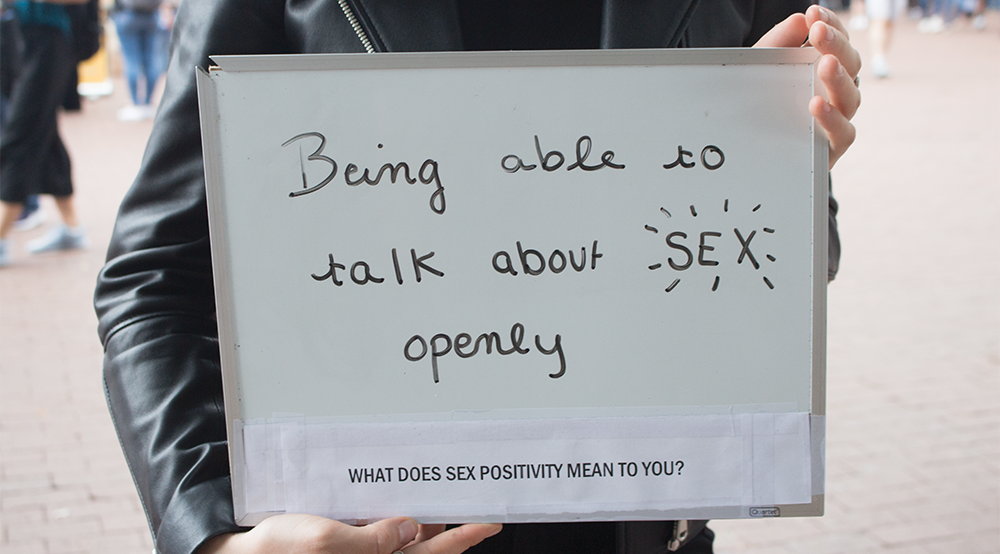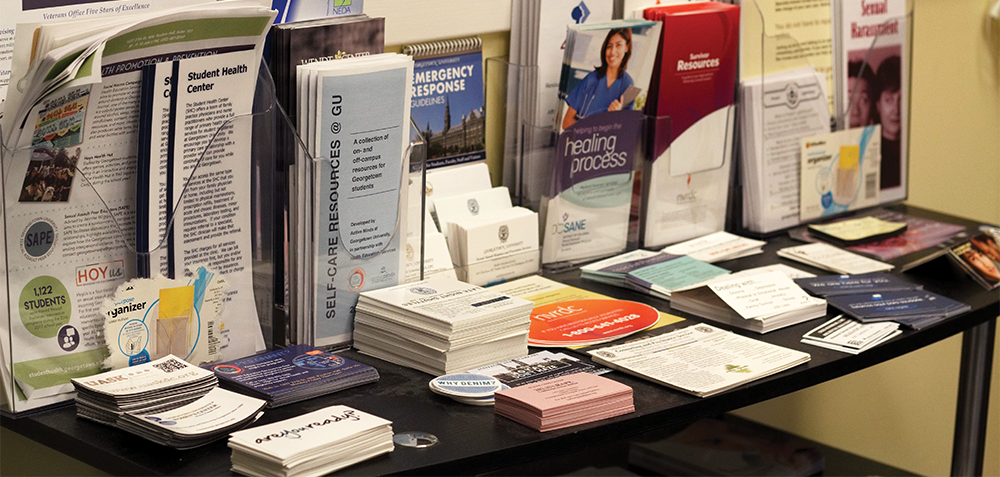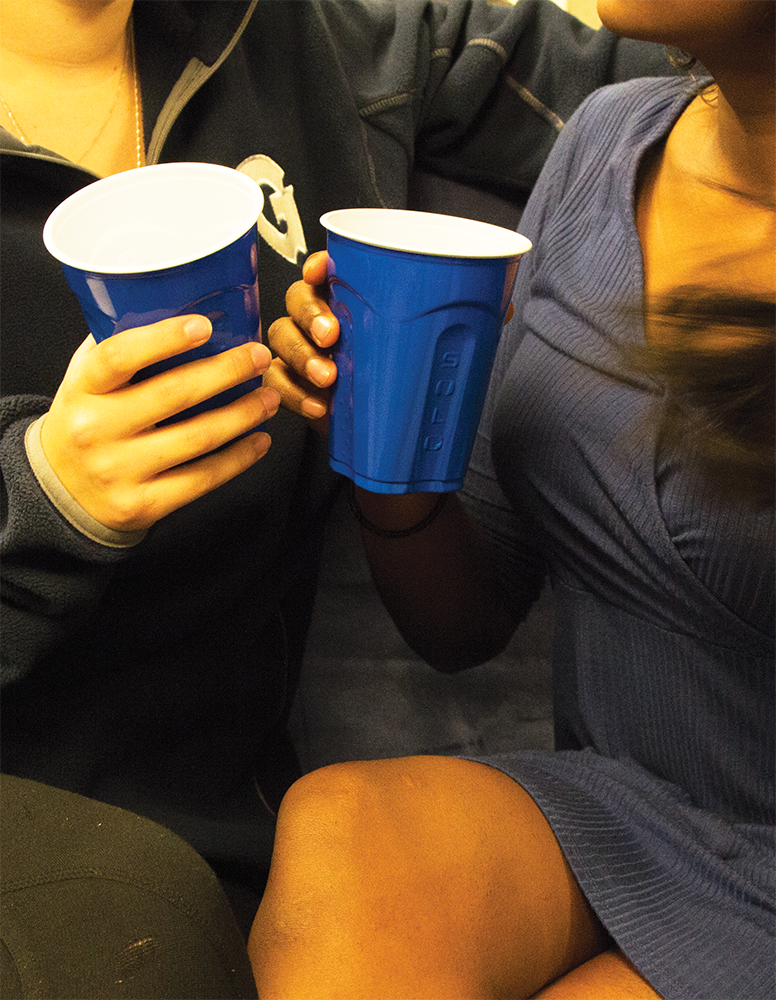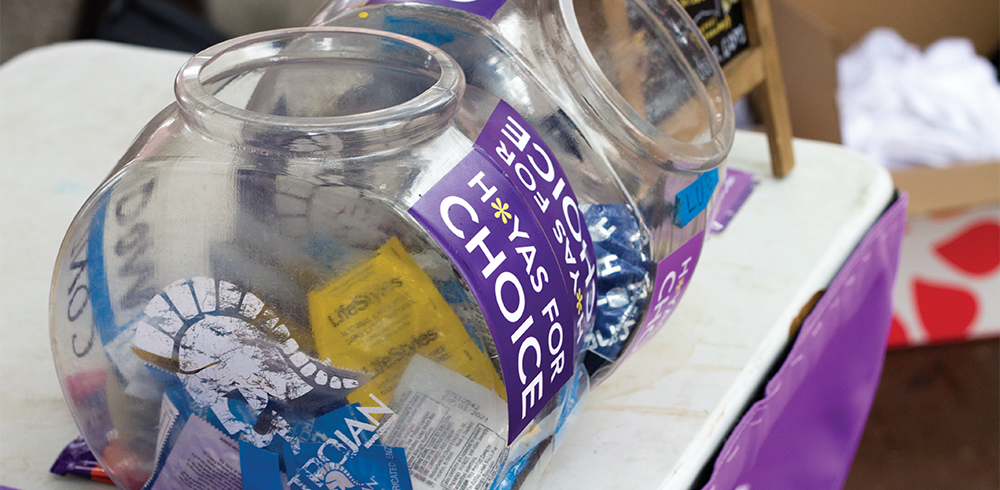I had my first kiss when I was 16 on a church floor.
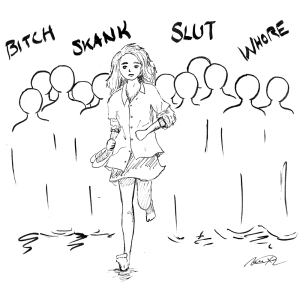
It was undeniably unromantic — I’d met the guy just a handful of hours before it happened, and I didn’t even like him. But the worst part about it? We got caught. Another 16-year-old (who clearly needed to mind her own business) tattled, and the next thing I knew, I was sitting in meetings about how inappropriate the kiss had been. Even though the church had seemed so sex-positive in the past, its reaction to my first physical sexual experience came with overwhelmingly negative connotations.
A year-and-a-half later, during my first semester at Georgetown, I had sex for the first time in a remarkably similar circumstance. I was just as sober, just as bored and just as unattached. This time I’d met the guy two months before instead of two hours, but we’d exchanged only a few words with one another.
It was terribly anticlimactic.
I remember going home for Thanksgiving that year and thinking “Am I going to look different? Am I going to act differently?” You always hear these old wives’ tales about everything changing after your first time, but in reality, little to nothing had really changed.
Calling it my “first time” is problematic in itself. It suggests that there is no other more important first time for anything in one’s life — but what about the first time one meets their newborn child, or the first time one gets a promotion or the first time one climbs to the top of a mountain and looks out on the world? Are those firsts somehow inherently less important than the first time a penis and a vagina meet?
Sex is so often treated as this end-all and be-all because people are scared. They’re scared that some inherent trait is lost after doing the deed, that there might not be something else to look forward to after, that there might be no other life milestone, no remaining obstacle to adulthood. There’s this artificial sanctity placed on such a natural human act, which leads to a minefield of mixed emotions every time sex happens — I can feel simultaneously satisfied and guilty, empowered and vulnerable.
We are members of this quick-to-judge society that frequently falls prey to its own hypocrisy. One moment, I will tell my girlfriends about making out with someone, and this recounting will be met with encouragement. But when I overstep that invisible line of intimacy and go so far as to tell them I slept with someone, their reaction will immediately change: “But you actually slept with him?”
I like sex. So I partake in it. It is a personal choice, and if it’s not your thing then by no means should you feel forced into this mindset. But this respect goes both ways. Sex is not a finite resource; the value of your sex isn’t diminished by the quantity of mine. Feeling guilty about feeling good is silly. What is even sillier is inflicting this judgment and shame upon others.
I’ve found that meaningful human connections are sparse, so I believe what little connection we can find is worth exploring. And maybe that’s unconventional, but I don’t feel that this should be part of any convention in the first place.
I often turn to my inner circle of friends for support, but it usually backfires. Last week, one of my closest friends told me I should not show my body to “just anyone.”
And a year ago, I was lying drunk in bed with another member of this inner circle. When I told him that I didn’t think it was a good idea for us to have sex that night, he said, “How come you can have sex with X and Y but not with me? I thought we were closer than that.” His words gave me a glimpse into how I felt other people had come to define me.
This past weekend, my “number” reached double digits. And at first, this filled me with a weird, guttural sense of dread. But then, I realized it wasn’t because it mattered to me and my own values, but because it would matter to my inner circle, and I didn’t like what I supposed they would think of me.
I am not in a position to commit to a serious relationship. It’s not what I’m looking for. Between school, work, self-exploration and clubs, there is hardly enough room in my schedule for personal time to focus on myself, let alone another person. But that doesn’t mean I should limit myself from some of life’s more gratifying simplicities, like physical affection and sex, no matter how fleeting they may be.
College is about figuring out what makes you tick, what you like, what you love and what you want to do with your life. Why should that stop at the bedroom door?


